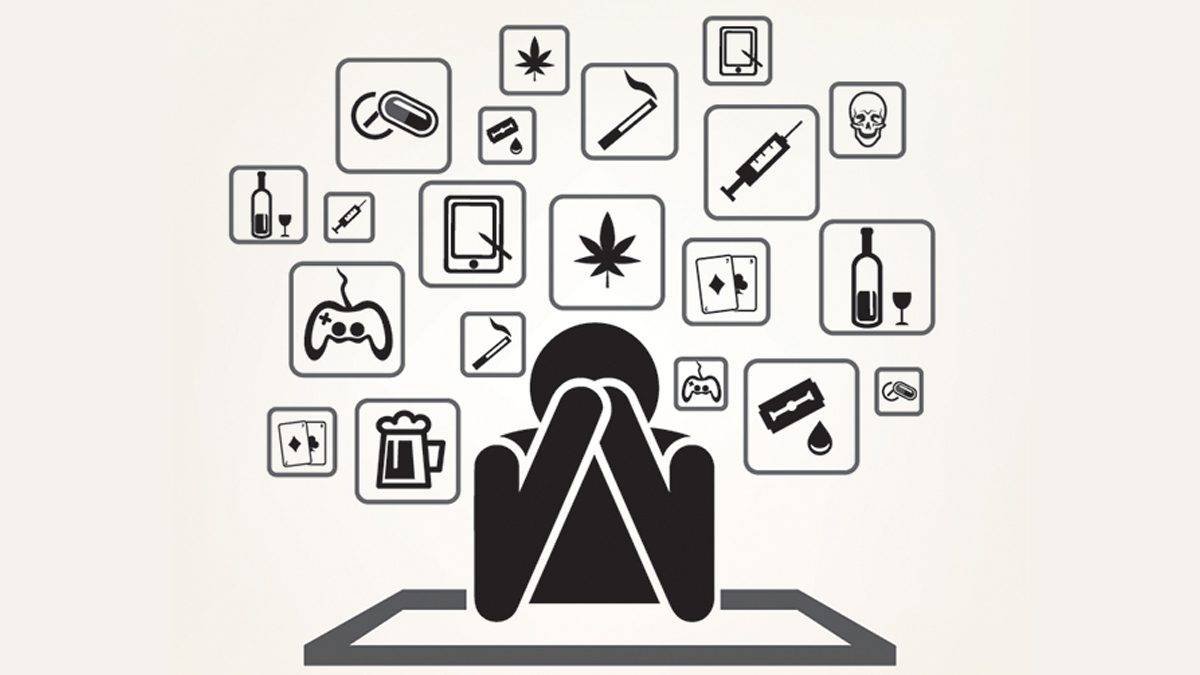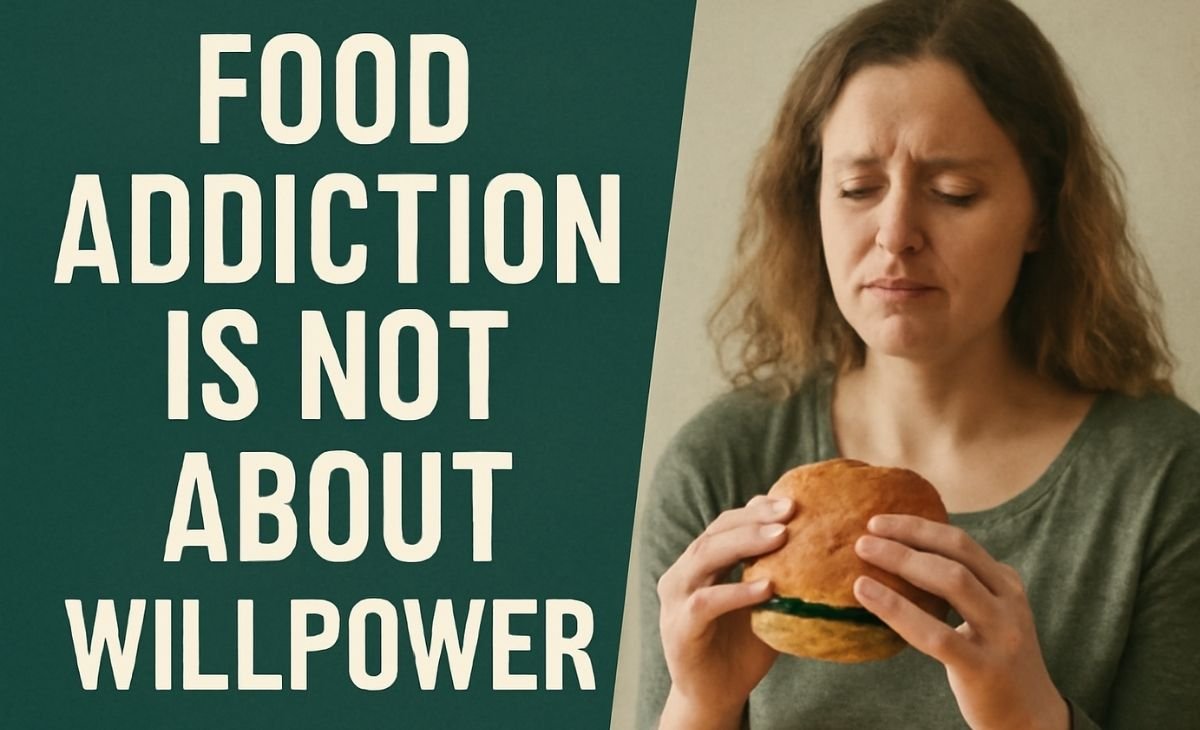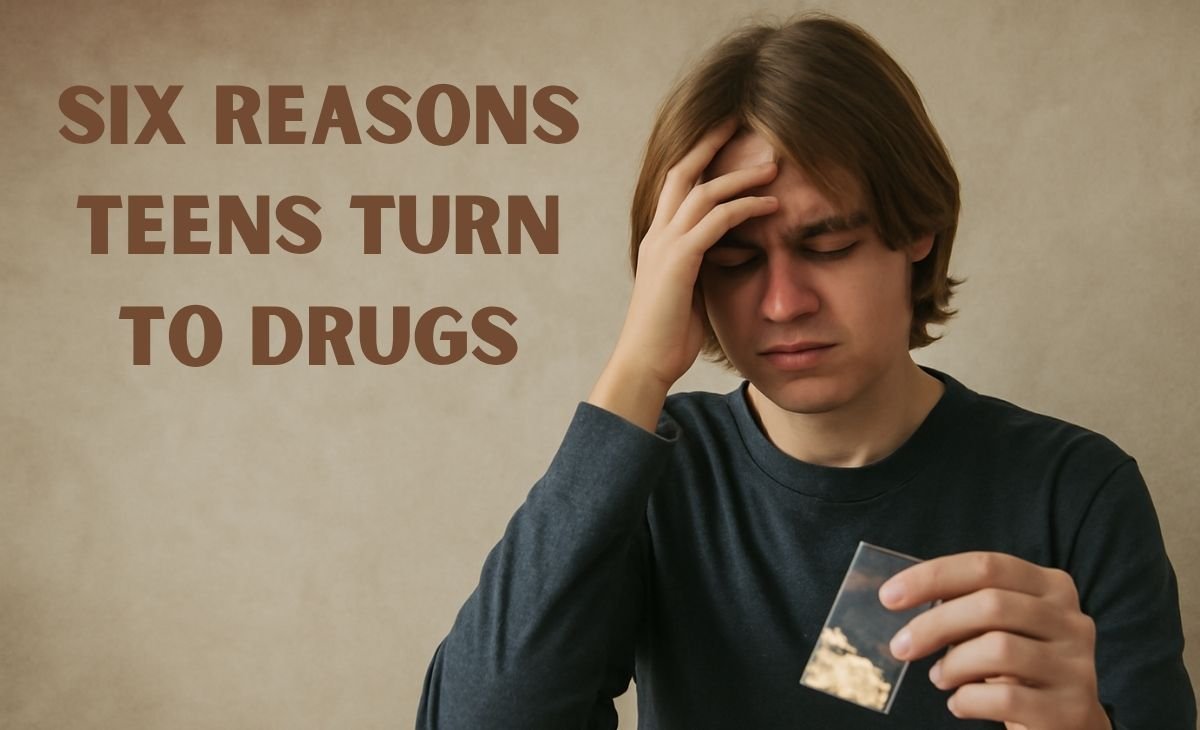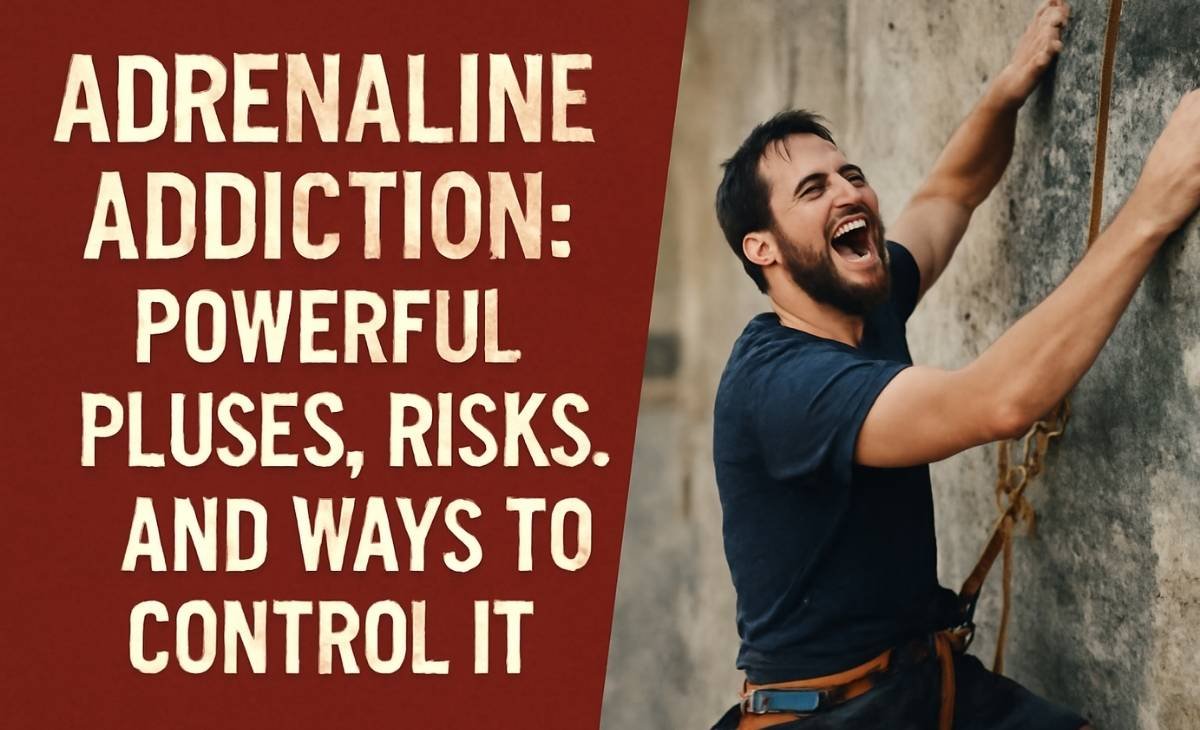Stress can take a toll on our mental and physical health. It often leads to skipping self-care, overeating, or feeling overwhelmed—creating a sense of losing control. Learning how to manage stress effectively by separating what you can control from what you cannot is key to maintaining balance and improving your overall well-being. Understanding Stress and
Last week, we covered 30 small daily habits to improve your body image. This time, we’ll look at beliefs and actions that might get in the way of building a healthier relationship with your body. These patterns are often shaped by societal expectations, media influence, or personal experiences. Recognizing these habits allows you to take
Valentine’s Day is a great opportunity to celebrate love in all its forms. But why save it for just one day? Here are 15 thoughtful and simple ways to show love to yourself and those around you daily, fostering happiness, connection, and self-care. 1. Cook a Delicious Meal Prepare your favorite dish and enjoy every
What Makes a Marriage Work? The Science of Lasting Love Maintaining a successful and fulfilling relationship is a goal for many couples. You might wonder, “What’s the secret to making a marriage last?” While love and commitment form the foundation, studies reveal that how couples handle challenges and nurture positive connections determines their long-term happiness.
The Role of Screen Time in Child Development Children today are exposed to screens more than ever before. While technology brings many benefits, excessive screen time can negatively impact young children’s social growth. Increasing evidence suggests a link between prolonged screen exposure and autism spectrum disorder (ASD), a phenomenon some experts refer to as “Virtual
How to Recognize Addiction in Your Life Drawing from research on addiction in neuroscience, psychology, and clinical practice, here are ten behavioral patterns commonly associated with addiction. Identifying these patterns can be the first step toward understanding and overcoming addictive tendencies. 1. Unsuccessful Attempts to Quit Addicts often express a desire to quit but struggle
Research Reveals the Brain Chemistry Behind Overeating Have you ever heard someone exclaim that a dessert — like a rich chocolate cake — is “addictive”? For most, it’s just a lighthearted comment about enjoying a treat. However, for others, food can become truly addictive, leading to a loss of control. Dr. Carolyn Ross, a renowned
Understanding the Motive Behind Teen Drug Use Adolescence is a critical phase where teens often encounter choices about experimenting with drugs or alcohol. While some teens resist, others may give in. What drives this behavior? Could it be their confidence, ability to cope, or response to pressure? Here are six common reasons why teens might
Humans often feel torn between fully engaging with the emotions life brings, such as love and passion, and trying to avoid the pain and unpredictability of these emotions. When we choose avoidance, we may turn to certain behaviors, like addiction, as a way to escape. From social media to substances like alcohol and drugs, anything
When people think of addiction, substances like drugs or alcohol typically come to mind. However, adrenaline addiction is a unique form of dependency where individuals thrive on the rush of stress-induced adrenaline. This behavior often manifests through procrastination, risky activities, or confrontational habits to experience the high. If left unchecked, it can lead to physical










